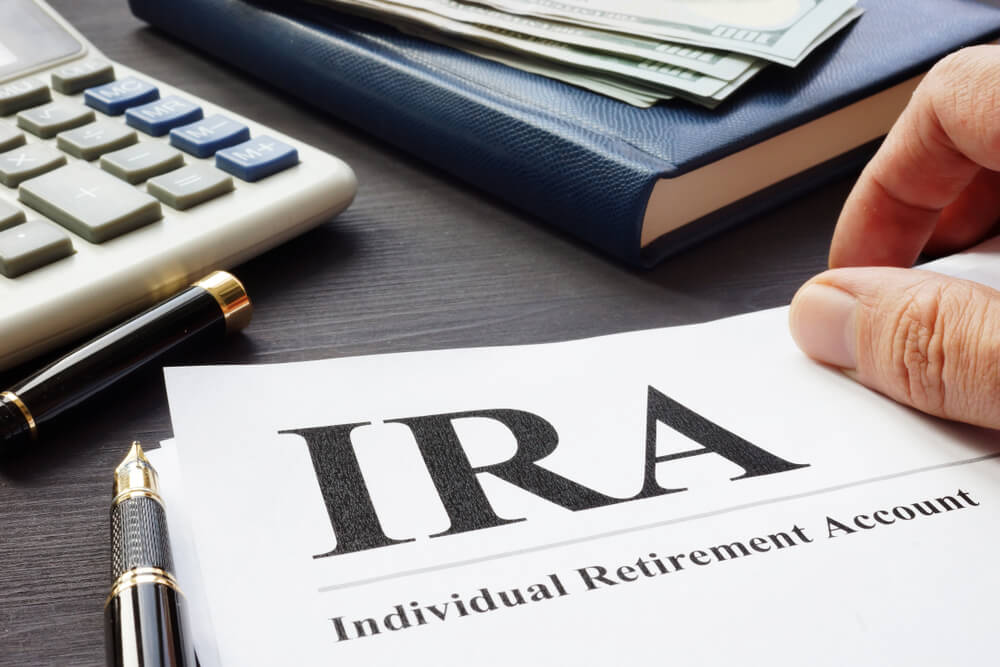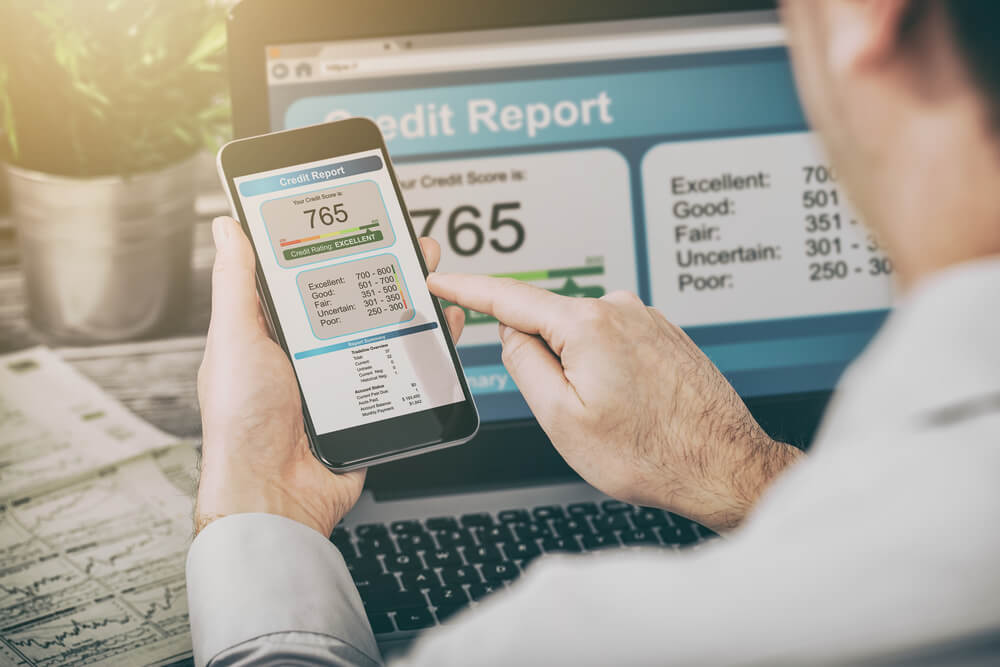3 Things You Should Know About Student Loan Repayment
If you have a student loan, are you sure that you are paying it off in the best way that suits your unique situation? Continue reading to learn more.

When it comes to student loans it can feel like a big mountain to climb. After all that hard work to graduate and earn your degree you are stuck underneath a load of debt. We will take a look at 3 things to consider regarding your student loan to make sure you are handling it in the best way possible.
Understand Your Student Loan Repayment Plan
The standard repayment program that most borrowers are enrolled in is the standard repayment plan which breaks up the amount owed into 10 years of equal payments. That means every month (for 120 months) the same amount will be paid (a portion to principle and a portion to interest).
Generally there are no penalties for paying off your loan faster, so if your financial situation allows you to pay more than the monthly amount make sure your lender applies the overage to your prinicpal balance rather than your next payment.
In addition to the standard plan, there are also other plans available such as income-driven repayment, extended repayment and graduated repayment.
Income-Driven Repayment - Under this type of plan your income and family size are considered and used to calculate the amount you need to pay. There are four sub-types of IDR loans that you might qualify for depending on your situation. Income-Based Repayment, Pay As You Earn, Revised Pay As You Earn, and Income-Contingent Repayment. While they have key differences, they all limit the payment amount to between 10% and 20% of your discretionary income. These plans can be especially helpful if you are currently unemployed. Your loan servicer should be able to tell you which type you qualify for.
Graduated Repayment - This plan starts with a very low amount (sometimes as low as just interest) and then increases every two years. The term is still the same 10 years, and the increase cannot be more than 3x your previous payment amount. This type might be good for you if youve already secured a job where its certain that your income will increase over time but need to get started slowly.
Extended Graduated Repayment - If you owe at least $30,000 in federal student loans this type might apply to you. It is basically the same as the Graduated Repayment we just discussed, but the term is increased to 25 years. Youll end up paying more interest, but it could be the right option if you have very large loan amounts.
Find Out If You Can Pay Less Interest
As far as the plans themselves go, the standard plan is generally the least amount of interest you will pay. If you or your cosigner have good a credit score (think upper 600s) then you might be able to qualify for refinancing at a lower rate. There are numerous lenders that offer such programs, but youll need to compare what type of repayment options are available for the specific loan you are applying for to make sure it will benefit your situation. Not all the types of payment options we discussed above will be available with the refinancing offers, so check carefully.
Student Loan Forgiveness. Can You Qualify?
The federal program known as Public Service Loan Forgiveness can be a huge help for those seeking a career in public service such as teaching, military, firefighter, etc. You will still need to make the 120 payments of an income-driven repayment plan, but the remaining loan balance after that can be forgiven (tax-free). There are numerous qualifications to be elligible for this program, such as being on a federal direct loan, and your career must be on the list of approved jobs, but if you qualify it can be a huge savings.
Sponsored Content










